Featured Projects
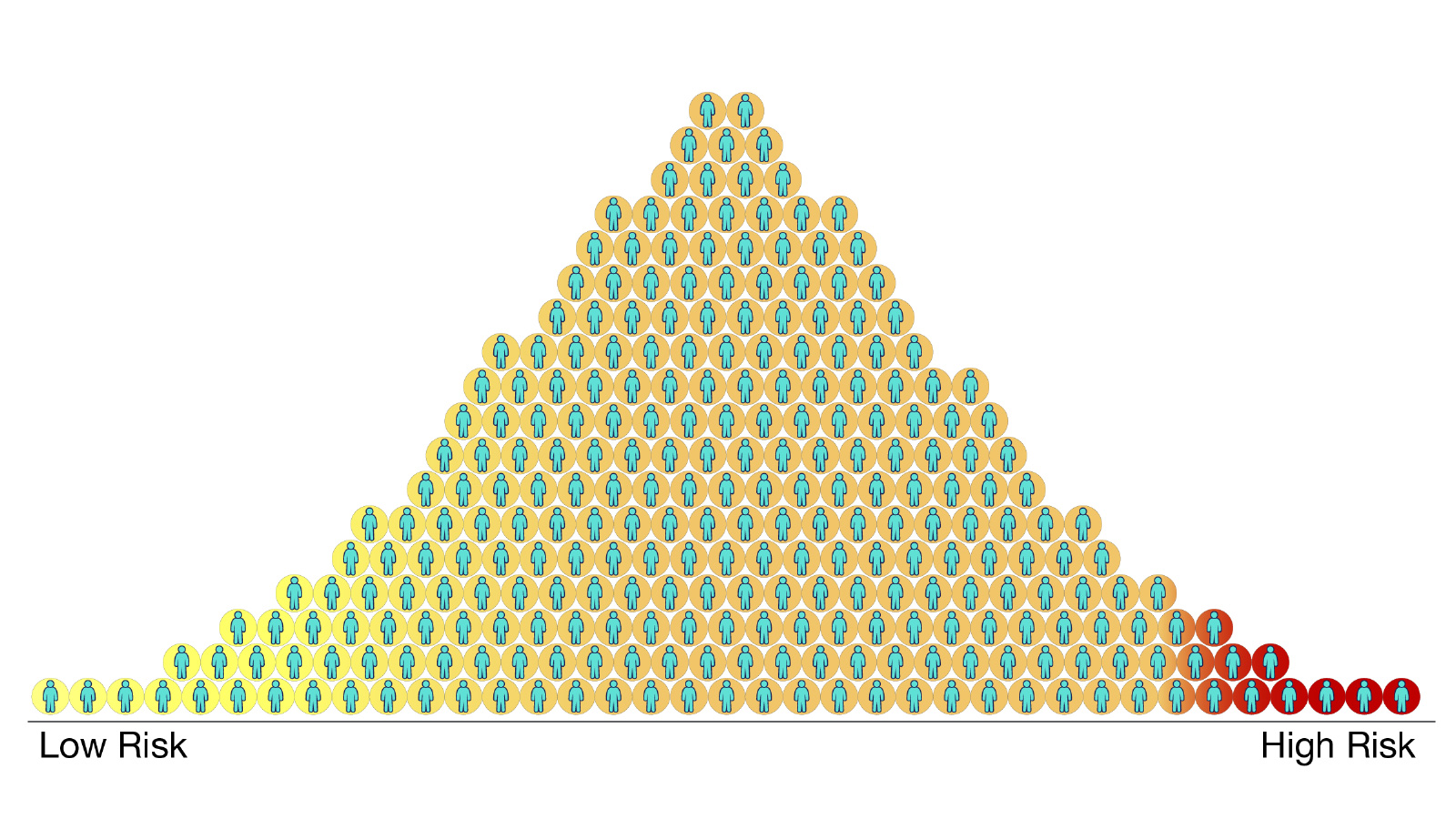
Creation of Polygenic Risk Score Reports
Doctors working in clinical settings could advantageously utilize polygenic risk scores. However, the details on how polygenic risk scores are communicated and what they imply are still largely open question. With a new genotyping initiative at my institution I explore those questions here.
Check it out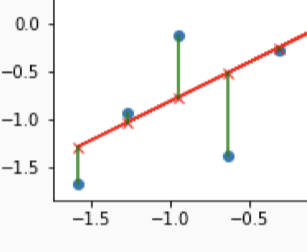
Disease Risk Model Assumptions
Polygenic risk scores are judged in a model framework. The exact model employed, and specifically the assumptions of that model, have a large impact on the accuracy estimation of the corresponding score.
Check it out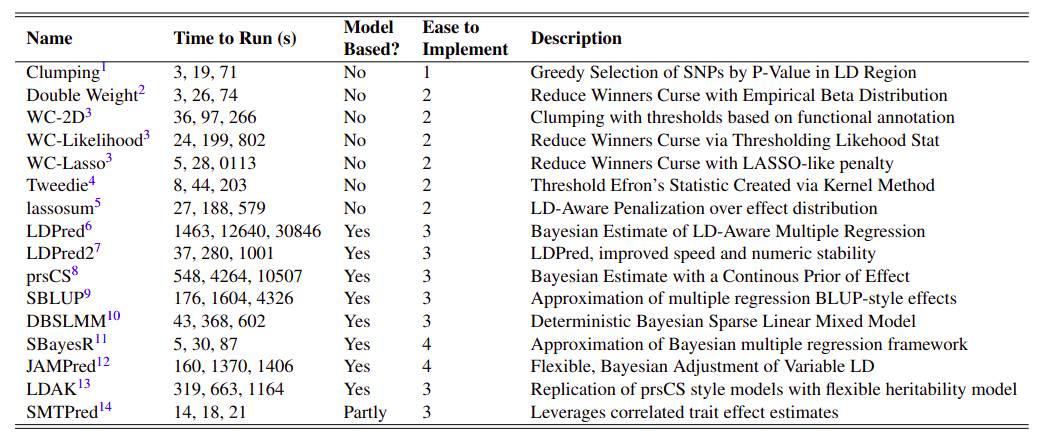
Performance of GWAS Statistic Adjustment Methods
Polygenic risk scores are generated from external genome-wide summary statistics that are adjusted for the purpose of disease risk estimation. Multiple methods are available to make the adjustment, and it is not clear which method works best.
Check it out
Cardiac Pathogenic Rare Variants
Rare variants identified with whole exome sequencing have a large yet underappreciated effect on many diseases, including cardiac conditions. In this project I walk through the identification of pathogenic variants and show how they increase the risk of atrial fibrillation.
Check it out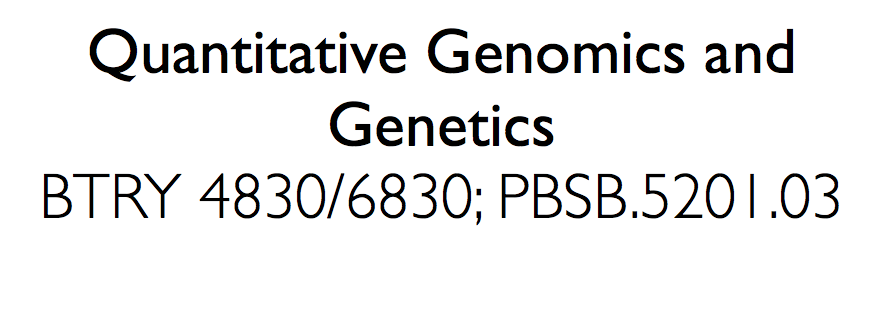
Quantitative Genetics Notes
For the past semester I have been a TA in the Cornell course Quantiative Genetics and Genomics. For the class I ran computer lab, making tutorial-like R-Markdowns that teach both coding and the fundamentals of conducting a GWAS
Check it out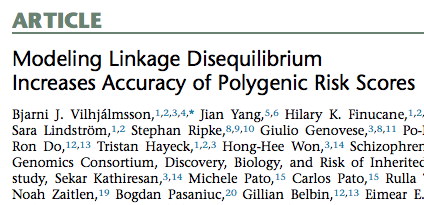
LDPred Derivation
I have been working to fill in the missing links within the method LDPred, which shrinks effect sizes in polygenic risk score calculations. I have found a few errors, so please give a read and see if I am right.
Check it out
Tic Tac Toe Three Ways
I think tic tac toe is an ideal way to learn about a programming language - so I have coded up tic tac toe programs of varying complexity in three different languages: R, Python, and Julia. If you know only one language you can use these examples as a Rosetta Stone to language learning.
Check it out